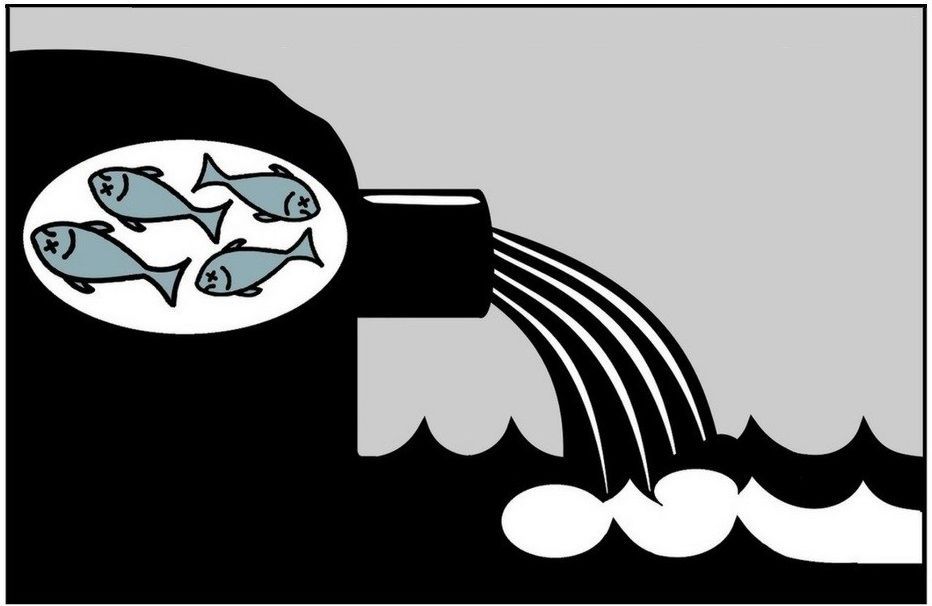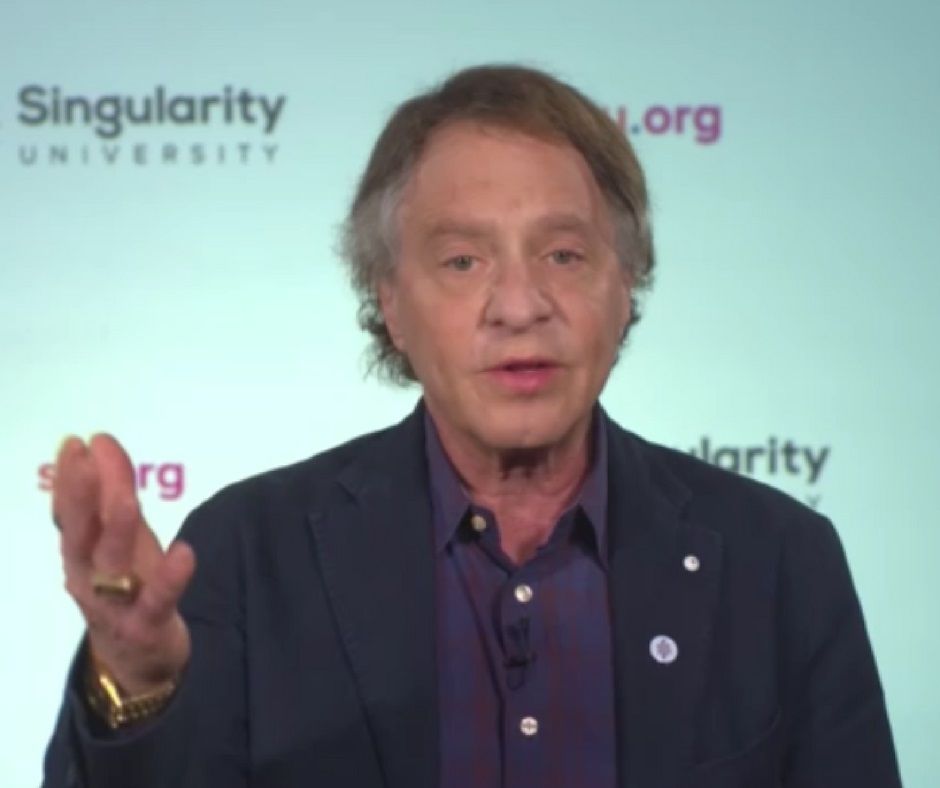Looking back at best of 2017)
A clinical trial of rapamycin on healthy seniors. The anti-aging drug extends the lifespan of mice and reduces inflammation markers.

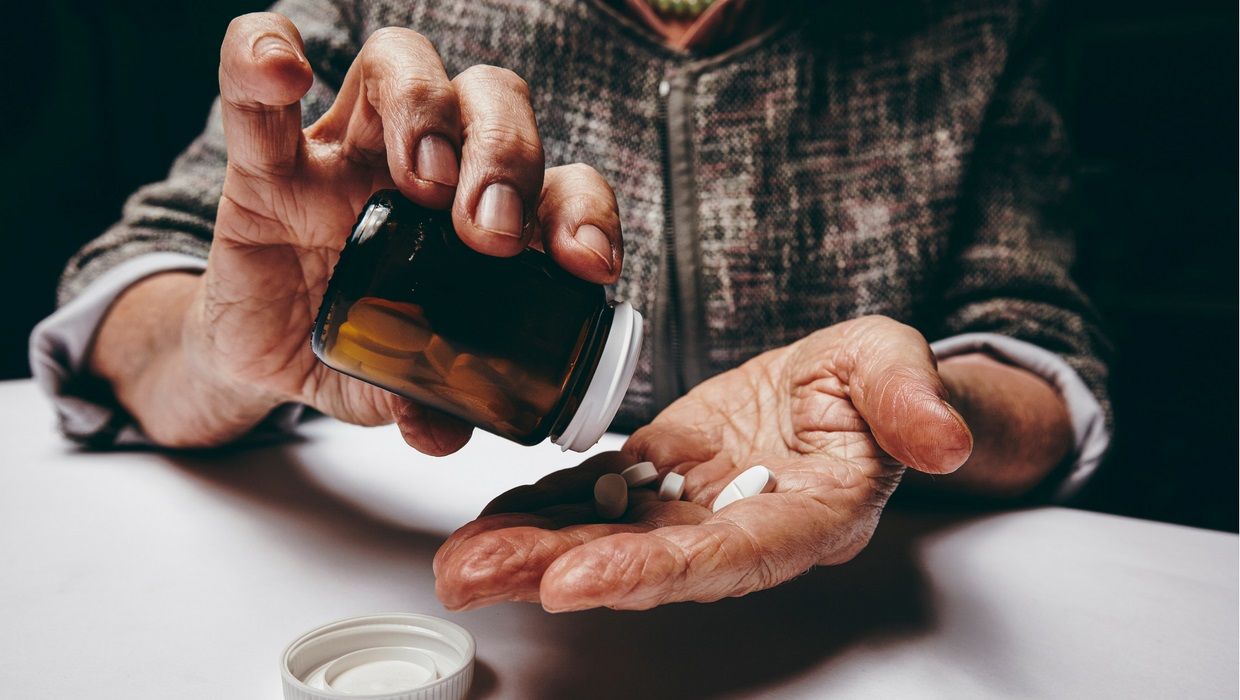
Looking back at best of 2017)
The finding was a milestone in the field of anti-aging science. Professor Judith Campisi, Ph.D., a celebrity in the anti-aging field, and lead author of the study remarked
“Imagine the possibility of taking a pill [rapamycin] for a few days or weeks every few years, as opposed to taking something with side effects every day for the rest of your life. It’s a new way of looking at how we could deal with age-related maladies.” – Judith Campisi, PhD
Campisi’s discovery suggests that a person could take rapamycin intermittently, say, once a week, shutting down the chronic inflammation. Because the zombie cells haven’t gone away, they will eventually find their footing and start the inflammatory ball rolling once again. A person on this regimen would repeat the dosage intermittently and substantially reduce inflammation.
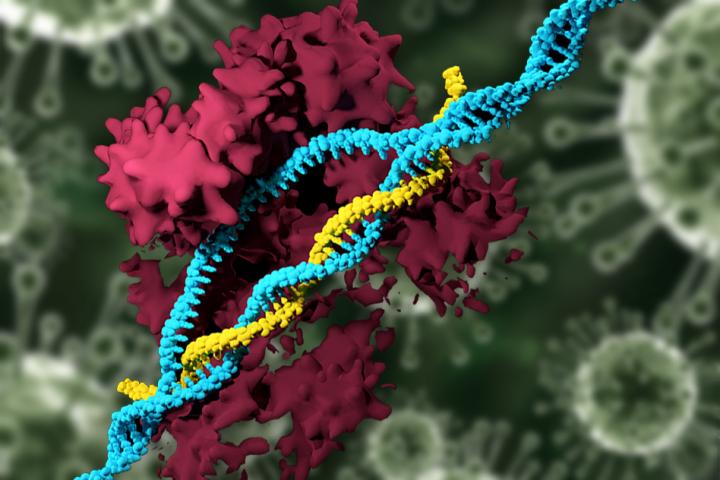
Looking back at best of 2017)
Summary: Nanotechnology meets gene editing. MIT researchers use nanoparticles instead of viruses to deliver the CRISPR gene editing system. This article first appeared on LongevityFacts. Author: Brady Hartman]
In a new study, MIT scientists have developed nanoparticles that deliver the CRISPR gene editing system, eliminating the need to use viruses for delivery.
Using the new delivery technique, the gene editors were able to cut out genes in about 80 percent of liver cells, the best success rate ever achieved with CRISPR in adult animals. Speaking about the success of the project, Daniel Anderson, senior author of the study and an associate professor in MIT’s Department of Chemical Engineering, said.
Website ► http://sens.org
YouTube ► https://www.youtube.com/user/SENSFVideo
Facebook ► https://www.facebook.com/sensf
Twitter ► https://twitter.com/senstweet
SENS Research Foundation is a 501©(3) public charity that is transforming the way the world researches and treats age-related disease.
“At SENS Research Foundation, we believe that a world free of age-related disease is possible. That’s why we’re funding work at universities across the world and at our own Research Center in Mountain View, CA.
Our research emphasizes the application of regenerative medicine to age-related disease, with the intent of repairing underlying damage to the body’s tissues, cells, and molecules. Our goal is to help build the industry that will cure the diseases of aging. ”
Aubrey de Grey ► http://goo.gl/Tc5QHl
Aubrey David Nicholas Jasper de Grey is an English author and theoretician in the field of gerontology and the Chief Science Officer of the SENS Research Foundation. He is editor-in-chief of the academic journal Rejuvenation Research, author of The Mitochondrial Free Radical Theory of Aging (1999) and co-author of Ending Aging (2007). He is known for his view that medical technology may enable human beings alive today to live to lifespans far in excess of any existing authenticated cases.

Treating the diseases of ageing requires rethinking of our approach to treating disease. Rather than a “whack-a-mole” strategy going after individual conditions, a concerted medical effort against ageing as a whole is in order.
Aging is something that we all share, rich or poor; it is something that happens to us all, and we are taught from a young age that it is inevitable. However, some scientists believe that aging is amenable to medical intervention and that such interventions could be the solution to preventing or reversing age-related diseases.
Academics are currently debating whether aging is natural or a pathological disease that we can treat.
In fact, there is now pressure from many academics to classify aging itself as a disease; indeed, doing so could potentially improve funding for aging research and help to speed up progress in finding solutions to age-related diseases.[1] The debate continues, but does it really matter if aging is classified as a disease, or is it largely a matter of semantics?
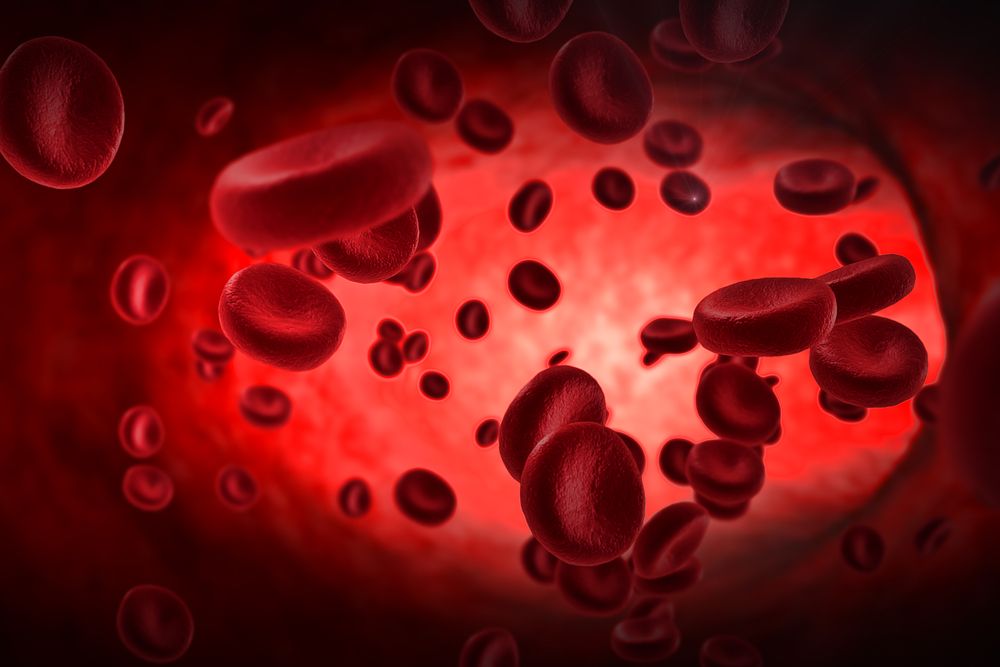
An interview with Drs. Irina and Michael Conboy on the topic of young blood and blood filtering for rejuvenation purposes.
Due to a recently published study on the effects of young plasma on aged mice, we got in touch with Dr. Irina Conboy of Berkeley University. Dr. Conboy is an Associate Professor at the Department of Bioengineering and an expert in stem cell niche engineering, tissue repair, stem cell aging and rejuvenation. Before we dive into the main topic, let’s familiarize ourselves a little with Dr. Conboy and her work.
Dr. Conboy got her Ph.D. at Stanford University, focusing on autoimmunity. She met her partner in science—and in life—Dr. Michael Conboy at Harvard and they got married before embarking on graduate studies; they celebrated their Silver Anniversary a few years ago. During her postdoctoral studies, she began focusing on muscle stem cells, trying to figure out what directs them to make new healthy tissue and what causes them to lose their ability to regenerate the tissues they reside in as we age[1].
Together with her husband Michael, she eventually discovered that old stem cells could be reactivated and made to behave like young ones if appropriately stimulated. The Conboys’ parabiosis experiments—which consisted in hooking up the circulatory systems of aged and young mice—showed that old age is not set in stone and can be reversed in a matter of weeks[2].
